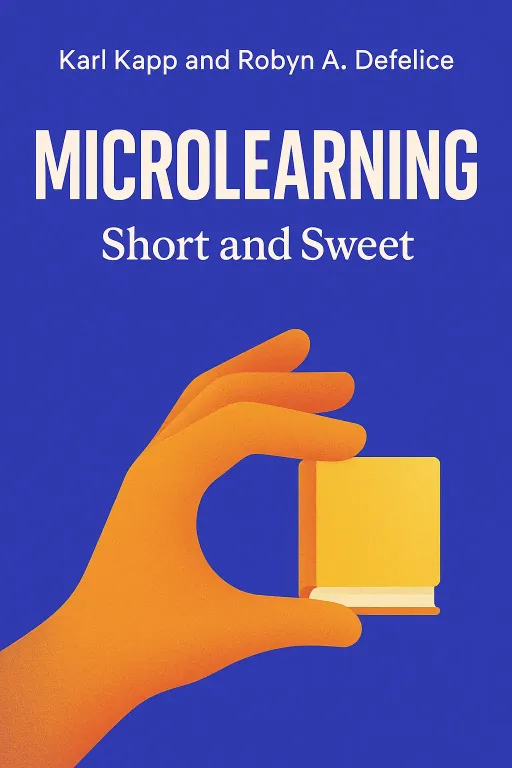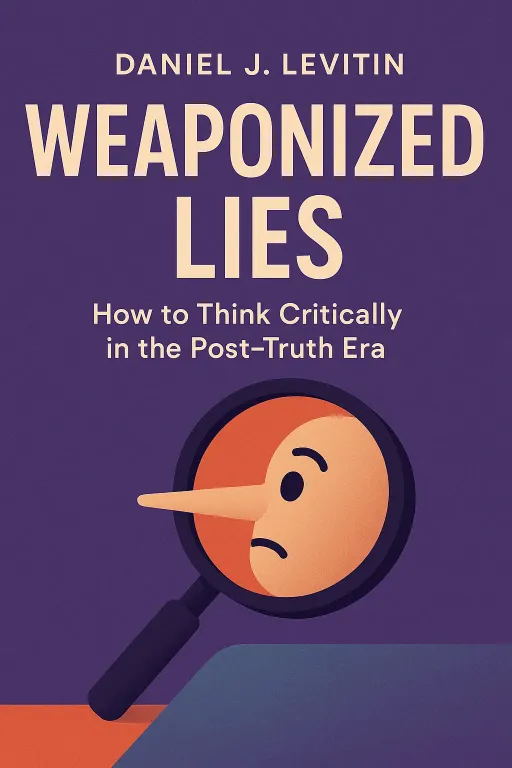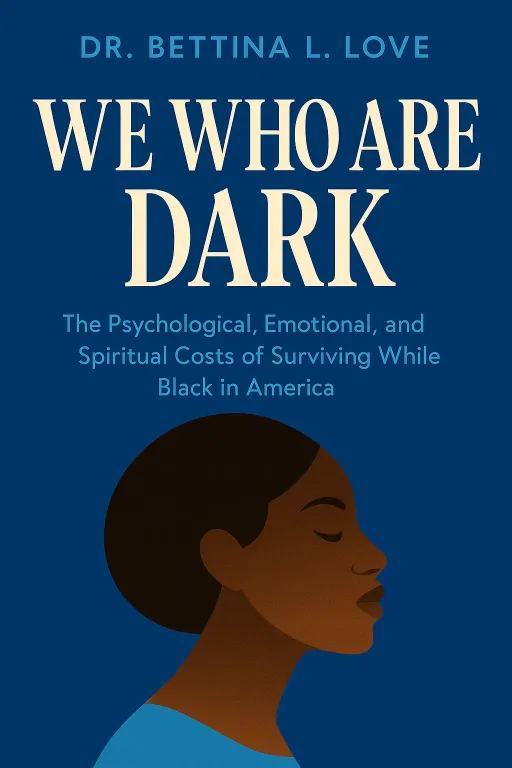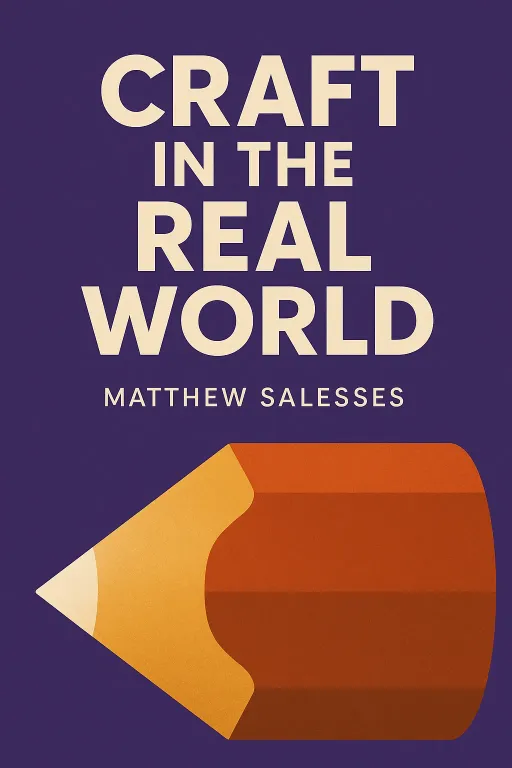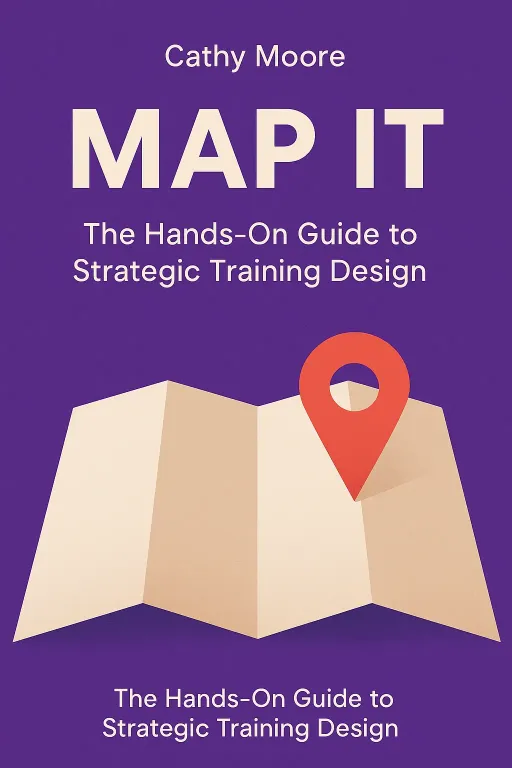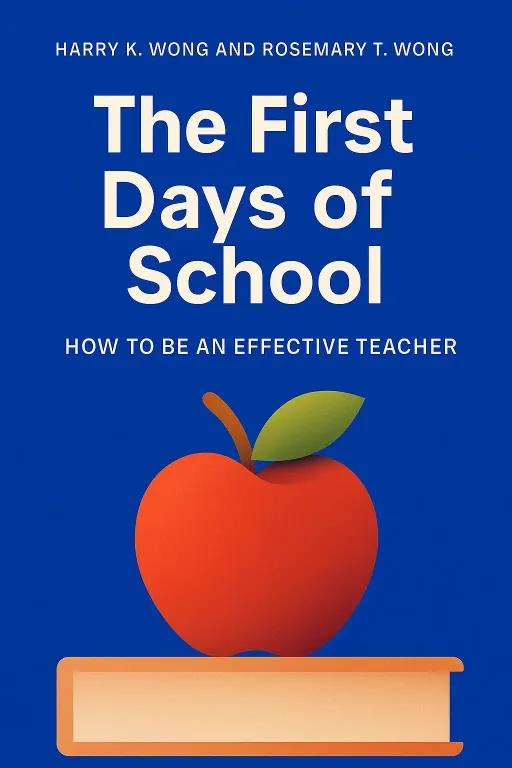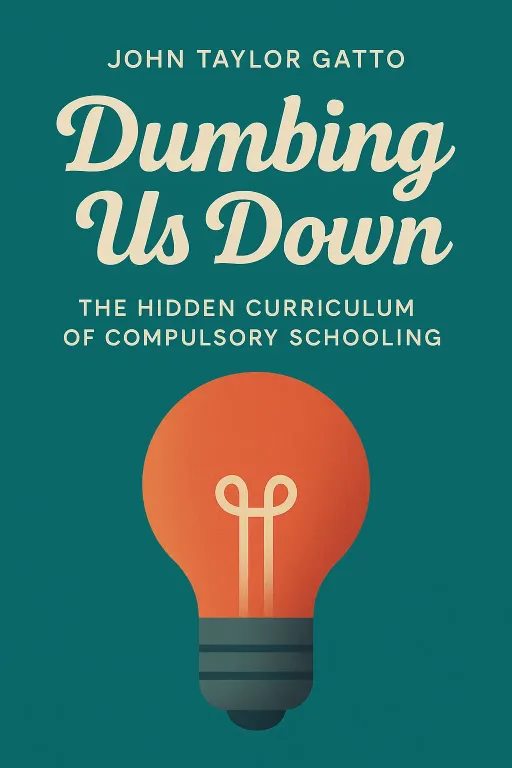
Why School Is Boring on Purpose
11 minThe Hidden Curriculum of Compulsory Schooling
Golden Hook & Introduction
SECTION
Laura: Sophia, if you had to describe your entire high school experience in just one word, what would it be? Sophia: Ugh. 'Beige.' Just... beige. A long, beige hallway of memorizing things I've already forgotten. Why do you ask? Laura: Because today's book argues that 'beige' wasn't an accident. It was the whole point. Sophia: Okay, now you have my full attention. That sounds both depressing and incredibly intriguing. What book are we talking about? Laura: We are diving headfirst into Dumbing Us Down: The Hidden Curriculum of Compulsory Schooling by John Taylor Gatto. And what makes Gatto’s critique so explosive is who he was. This wasn't some outsider throwing stones. He was named New York City's Teacher of the Year multiple times in the late 80s and early 90s. Sophia: Wow. So he was at the top of his game. Laura: Exactly. He was the ultimate insider-turned-whistleblower. He accepted the awards and then, in his speeches, publicly declared that the very system honoring him was a destructive failure designed to crush the human spirit. Sophia: An award-winning teacher said school is designed to be... beige? And boring? And that's a success? My brain is already starting to hurt. How does that even work? Laura: That is the million-dollar question. Gatto’s central, shocking argument is that schools aren't failing. On the contrary, they are spectacularly successful at achieving their real, unspoken purpose.
The Hidden Curriculum: School's Seven Secret Lessons
SECTION
Sophia: And what is that unspoken purpose? To create a generation of people who love the color beige? Laura: (Laughs) Close. It’s to teach what he calls the "hidden curriculum." It's a set of seven lessons that are drilled into kids for twelve years, and they have nothing to do with geometry or Shakespeare. The first and most important lesson? Confusion. Sophia: Confusion? You mean like when the calculus homework made no sense? I was an expert at that lesson. Laura: Not quite. He means systemic confusion. Think about the school day. The bell rings. You have 45 minutes of biology, then a bell rings, and you're thrown into medieval history. Then another bell, and it's French verb conjugation. Nothing connects. There's no time to get curious, to go deep, because you're constantly being interrupted. Gatto says this teaches you that nothing is worth finishing and that life is a series of disconnected, incoherent events. Sophia: Huh. I never thought of the bells that way. I just thought it was about keeping things orderly. But you’re right, it does create a kind of intellectual whiplash. It’s impossible to get passionate about something when you know you’re going to be pulled away from it in ten minutes. Laura: Precisely. And that constant interruption leads to another of his lessons: Indifference. You learn not to care too much. Why invest your heart in a project or a fascinating question when the bell will inevitably ring, telling you to stop and move on? You learn to turn your engagement on and off like a switch. Sophia: That is a chilling thought. That we're being trained to be dispassionate. Okay, give me another one. This is fascinating in a horrifying way. Laura: Let's talk about Emotional Dependency. This is a big one. Gatto argues that schools teach you to surrender your will to a chain of command. You need a hall pass to walk down the hallway. You have to ask permission to go to the bathroom. Your worth is constantly being judged by others—through stars on a chart in first grade, then red marks on a paper, then a final grade on a report card. Sophia: Oh man, the provisional self-esteem one... waiting for that report card to tell you if you were 'good' or 'bad' for the last six months. I feel that in my bones. You’re not learning to judge your own work or trust your own progress; you’re learning to constantly look outside yourself for validation. Laura: Exactly. He tells this little story about how he noticed kids would constantly ask to go to the bathroom, and he knew they didn't really have to go. They were just trying to steal a few minutes of privacy, a moment of solitude away from the constant surveillance. He realized that in school, you are always watched. There is no private time, no private space. This teaches the seventh lesson: you can't hide. Your life is not your own; it belongs to the institution. Sophia: Wait, hold on. This is starting to sound a bit like a conspiracy theory. Is Gatto really saying that teachers and principals are sitting in a room, plotting to make kids emotionally dependent and confused? Most teachers I know are genuinely trying their best. Laura: That's the most brilliant and subtle part of his argument. He says it’s not about individual, malicious teachers. Most teachers are just as trapped in the system as the kids are. It's about the structure of the school itself—the bells, the age segregation, the constant testing, the fixed curriculum. The system is the teacher. It was designed over a century ago by figures like Horace Mann, who believed that to run an industrial, mass-consumption economy, you needed a predictable, manageable, and obedient population. You needed to produce formulaic human beings. Sophia: So it’s not a conspiracy, it’s a design. A design that’s so old and so ingrained that we don’t even see it anymore. We just think, "Well, that's what school is." Laura: That's it. The structure itself is the curriculum. And over twelve years, these seven lessons—confusion, accepting your class position, indifference, emotional and intellectual dependency, provisional self-esteem, and the fact that you're always watched—create a certain kind of person. A person who is perfect for a desk job, who waits for instructions, who doesn't question authority, and who finds meaning in consumption rather than creation. Sophia: A person who finds comfort in the color beige. Laura: A person who finds comfort in beige.
The Way Out: Community, Family, and 'Less School'
SECTION
Sophia: Okay, I'm convinced and slightly horrified. If the system is this psychopathic, as Gatto calls it, what's the alternative? Do we just burn it all down? It feels so massive and unchangeable. Laura: This is where Gatto becomes really inspiring, because he doesn't just diagnose the disease; he offers a cure. And his cure is surprisingly simple: we need less school, not more. Sophia: Less school? Every politician on the planet is screaming that we need longer school days, more funding, more standardized tests. How can the answer be less? Laura: Because Gatto believes the real engine of education isn't the institution; it's family, community, and real-world responsibility. He argues that schools act like networks—they're artificial, mechanical systems that drain the life out of real, organic communities. They take our kids, and our tax dollars, and they isolate them. His solution is to break the monopoly of compulsory schooling and let a thousand different flowers bloom. Sophia: That sounds great poetically, but what does it actually look like? Laura: Well, he lived it. He became a master of what he called "guerrilla teaching." He would sabotage the system from within for the good of his students. There's this incredible story in the book about a third-grade student of his named Milagros. Sophia: Tell me. Laura: He was substitute teaching in a school in a poor neighborhood. He noticed this one girl, Milagros, was incredibly bright and a fluent reader, but she was stuck in the lowest-level reading group, the one for kids who could barely recognize letters. It made no sense. So he went to the principal. Sophia: And the principal immediately fixed it, right? Laura: The principal basically told him to mind his own business. She said Milagros was exactly where she belonged. Gatto refused to back down. He caused such a fuss that the principal, just to get rid of him, agreed to test Milagros herself. He stood there and watched as Milagros read a complex passage flawlessly. The principal was stunned. Milagros was moved to the top reading group, and she absolutely soared. Sophia: Wow. So one teacher breaking the rules changed her entire trajectory. Laura: Entirely. Years later, Milagros sent him a birthday card. It said, "A teacher like you cannot be found. Signed, your student, Milagros." He later found out she had become a distinguished teacher herself. That moment, he said, was what convinced him to stay in teaching. It showed him that the system could be fought, one child at a time. Sophia: That's a powerful story. It’s about seeing the individual child instead of the data point. Laura: And it's about giving them real experiences. He started a program where every kid had to perform 320 hours of community service a year. They worked in soup kitchens, in offices, in local businesses. He sent two twelve-year-olds from Harlem on the subway by themselves to apprentice with a newspaper editor. He believed that real learning happens when you're solving real problems in the real world, not when you're filling out a worksheet. Sophia: This sounds a lot like the modern homeschooling or 'unschooling' movement. Gatto was really ahead of his time. His ideas are all over the education reform debate today. Laura: Absolutely. He was a huge champion of homeschooling and other alternatives. He even pointed back to early American history, to what he called the "Congregational Principle" in colonial New England. Each town was responsible for its own affairs, including education. There was no central command. Some towns were strict, others were experimental. The point was that education was a local, community affair, not a top-down, one-size-fits-all mandate from the state. Sophia: But again, this feels like a solution for the privileged. What about single parents working two jobs, or low-income families who rely on public school for childcare and meals? Gatto's critics often point this out, that his vision of community-based learning is a romantic ideal that just isn't feasible for millions of people. Laura: That's a fair and important critique. Gatto's response would likely be that the current system creates the very economic precarity that makes alternatives seem impossible. He argued for radical solutions, like returning school tax money directly to families in the form of vouchers, so they could choose from a free market of educational options—be it a small private school, a co-op, or supporting a stay-at-home parent. His vision is a total paradigm shift, not just a minor tweak.
Synthesis & Takeaways
SECTION
Laura: So the real takeaway isn't just that school is boring. It's that the system's 'boredom' is a tool. It's a network designed to sever our ties to community and family, making us dependent on institutions for everything from knowledge to our own self-worth. Sophia: It's designed to make us manageable. To keep us in our little boxes, physically and mentally. Laura: Exactly. And Gatto's radical idea is that the only way to fix education is to take it back from the experts, the bureaucrats, and the institutions, and return it to the messy, unpredictable, but ultimately more human scale of families and neighborhoods. He believed genius is as common as dirt, but our system is designed to bury it. Sophia: It makes you look at your own education completely differently. It wasn't just about learning algebra; it was about learning how to sit still and wait for instructions. It was about learning that your curiosity was less important than the clock on the wall. Laura: And that's a lesson that sticks with you for life, long after you've forgotten the quadratic formula. Sophia: It really does. It makes me wonder what I might have become if my school experience had been less... beige. What's the one 'hidden lesson' you realize you learned in school? The one that shaped you in ways you never noticed before? We'd love to hear your stories. Find us on our socials and share. Laura: This is Aibrary, signing off.
